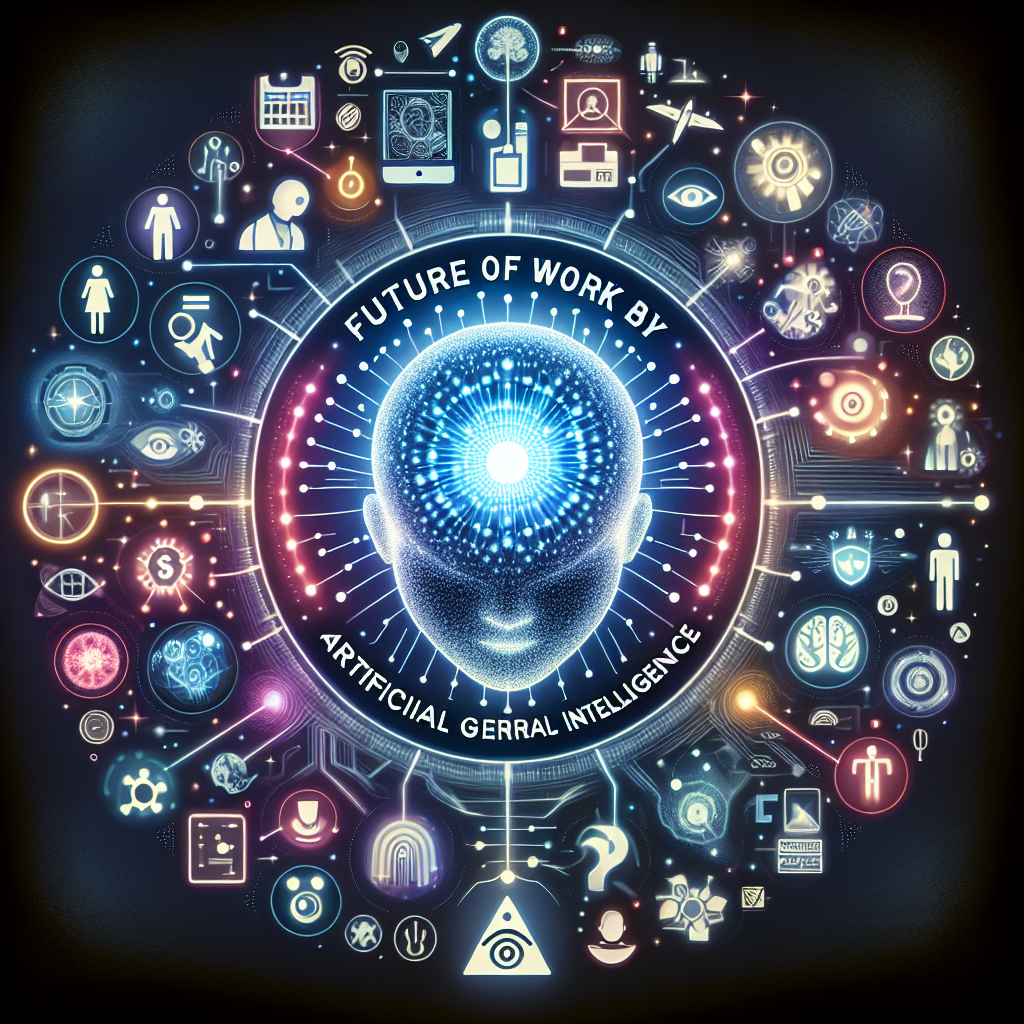The Future of Work: How AGI is Reshaping the Job Market
Artificial General Intelligence (AGI) is a term that refers to AI systems that possess the ability to understand and learn any intellectual task that a human can. While we are still some time away from achieving true AGI, the advancements in this field are already reshaping the job market in significant ways. As AGI technology continues to evolve, it is important to understand how it will impact the future of work and what steps can be taken to prepare for these changes.
In this article, we will explore the implications of AGI on the job market and discuss how individuals and organizations can adapt to these changes. We will also provide a FAQ section at the end to address common questions and concerns about the future of work in the age of AGI.
The Rise of AGI and Its Impact on Jobs
AGI has the potential to automate a wide range of tasks that are currently performed by humans. This includes both manual labor jobs, such as manufacturing and construction, as well as knowledge-based jobs, such as accounting and customer service. As AGI technology becomes more advanced, it will be able to perform these tasks with greater speed and accuracy than human workers, leading to a significant shift in the job market.
One of the key implications of AGI on the job market is the potential for widespread job displacement. As AI systems become more capable of performing complex tasks, many jobs that were once considered secure may become obsolete. This is particularly true for jobs that involve routine and repetitive tasks, as these are the types of tasks that AGI excels at.
At the same time, AGI also has the potential to create new job opportunities. As AI systems become more advanced, there will be an increased demand for workers who can design, develop, and maintain these systems. Additionally, there will be a growing need for workers who can collaborate with AI systems to enhance productivity and efficiency in the workplace.
Preparing for the Future of Work
In order to prepare for the changes that AGI will bring to the job market, individuals and organizations need to take proactive steps to adapt. This includes investing in education and training programs that will help workers develop the skills needed to work alongside AI systems. It also involves rethinking traditional job roles and structures to accommodate the capabilities of AGI technology.
For individuals, this means staying informed about the latest developments in AGI technology and identifying opportunities to upskill or reskill in areas that are in high demand. This may involve pursuing advanced degrees or certifications in fields such as data science, machine learning, or robotics. It may also involve developing soft skills such as critical thinking, creativity, and emotional intelligence, which are difficult for AI systems to replicate.
For organizations, preparing for the future of work means investing in AI technology and integrating it into existing processes and workflows. This may involve partnering with AI vendors to develop custom solutions that meet the specific needs of the organization. It may also involve rethinking the structure of the organization and creating new roles that leverage the capabilities of AGI technology.
FAQs
Q: Will AGI replace all human workers?
A: While AGI has the potential to automate many tasks currently performed by humans, it is unlikely to replace all human workers. There will always be a need for human workers to perform tasks that require creativity, empathy, and complex problem-solving skills.
Q: What industries will be most impacted by AGI?
A: Industries that rely heavily on routine and repetitive tasks, such as manufacturing, transportation, and customer service, are likely to be most impacted by AGI. However, no industry is immune to the changes that AGI will bring to the job market.
Q: How can I prepare for the future of work in the age of AGI?
A: To prepare for the changes that AGI will bring to the job market, individuals should focus on developing skills that are in high demand, such as data analysis, coding, and project management. It is also important to stay informed about the latest developments in AGI technology and be willing to adapt to new roles and responsibilities.
Q: Will AGI lead to mass unemployment?
A: While AGI has the potential to displace many jobs, it also has the potential to create new job opportunities. By investing in education and training programs that help workers develop the skills needed to work alongside AI systems, individuals and organizations can mitigate the risk of mass unemployment.
In conclusion, the rise of AGI technology is reshaping the job market in significant ways. While there are challenges and uncertainties associated with these changes, there are also opportunities for individuals and organizations to adapt and thrive in the age of AGI. By staying informed, investing in education and training programs, and rethinking traditional job roles and structures, we can prepare for the future of work and create a more inclusive and sustainable economy.

